Action begins with becoming a "citizen" who actively seeks out dividends.
Written by: Daii
When people repeatedly ask, "Is Bitcoin legal?", what truly troubles them may not be the legal text itself, but a deeply ingrained mindset— we are accustomed to being "subjects," waiting for the authority's permission rather than actively pursuing freedoms that the law has not prohibited.
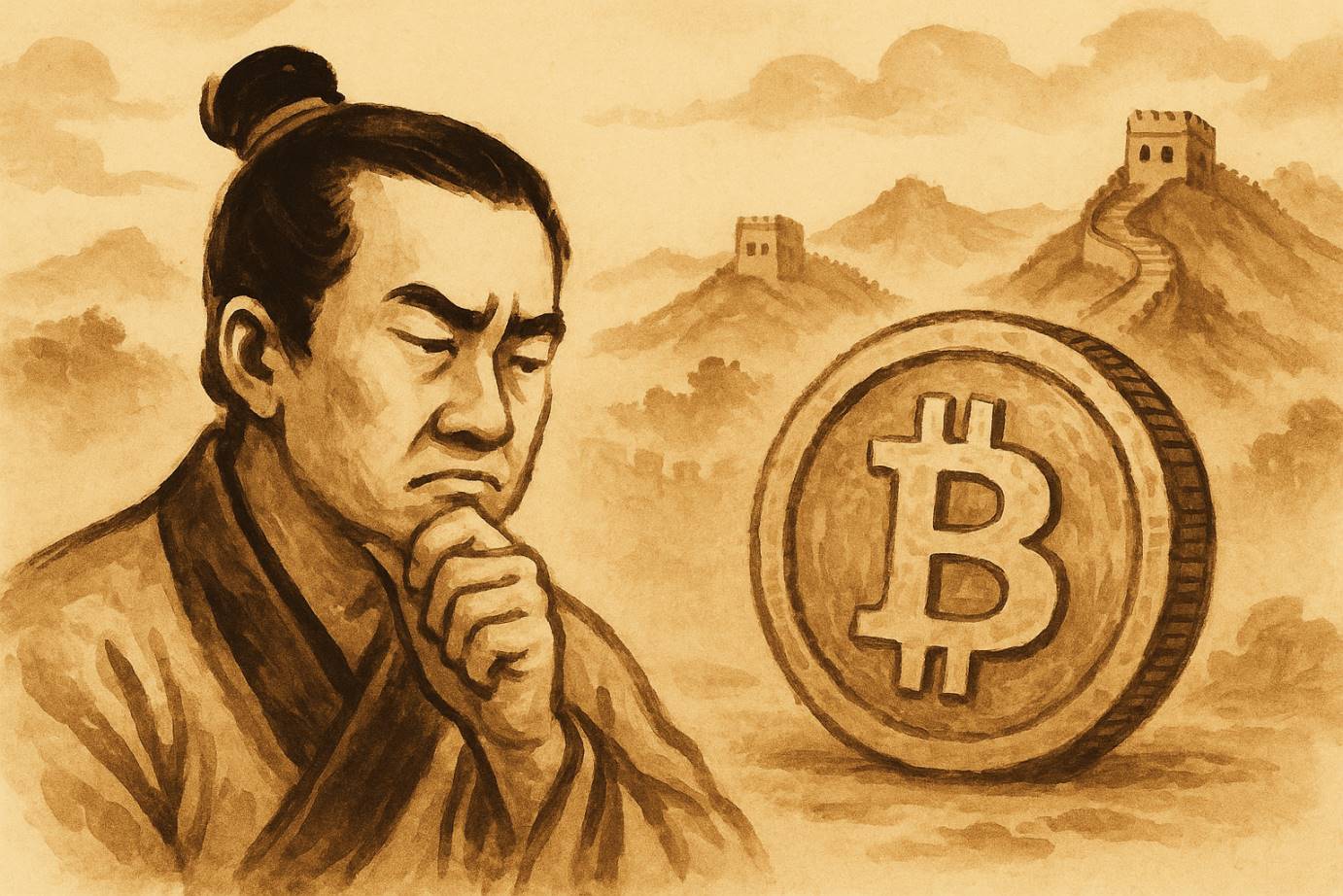
This question, framed in a Chinese context, not only reflects the complex relationship between regulation and freedom, innovation and stability, but also exposes our confusion about our identity in an era of transition: should we be "subjects," or should we actively embrace new things and chase the dividends of the times as "citizens"?
In January 2021, I published an article titled "Is Bitcoin 'Legal' in China? Is This True?" in a Zhihu column, which garnered over 35,000 views, 100 likes, hundreds of shares, and nearly 200 saves. Behind these numbers lies a true reflection of people's long-standing "subject-like" doubts.
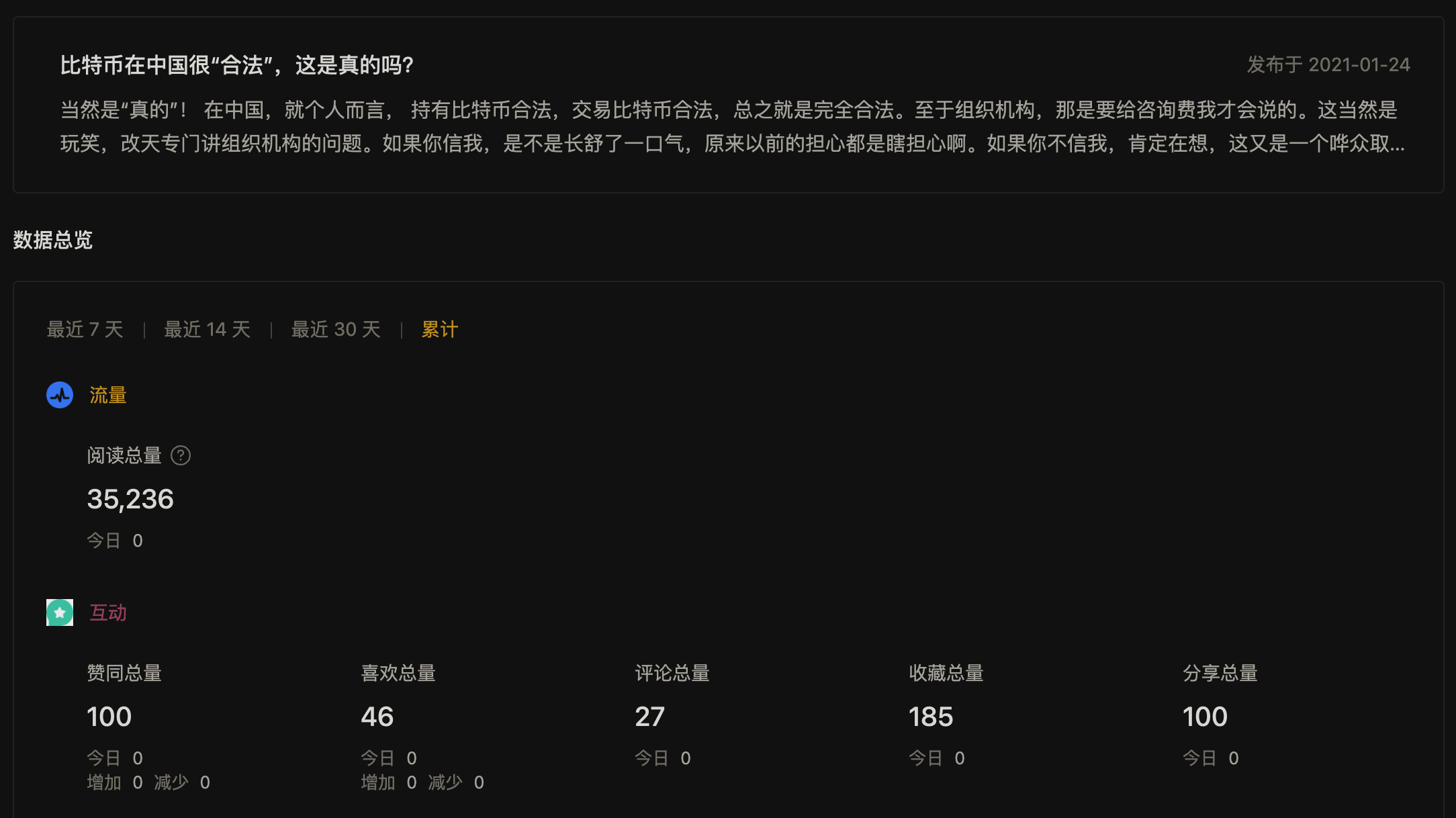
Three years later, I want to discuss this issue again. Because Bitcoin brings not only debates about legality but also a hidden, more globally minded "citizen dividend" waiting to be discovered.
1. The Issue
Legally speaking: in China, Bitcoin has always been legal.
As I pointed out in my 2021 article, China's legal system follows the principle of legality, meaning only laws enacted by the National People's Congress and its Standing Committee can restrict citizens' personal freedoms.
So far, there is no law that stipulates that holding or trading Bitcoin is illegal, nor are there any related criminal penalties.
It is this clear legal framework that keeps the personal holding and trading of Bitcoin in a legal state.
However, many Chinese people, when faced with new things, often first react not with "Is it prohibited?" but with "Is it permitted?" This habitual way of thinking is not an individual rational choice but a collective unconscious left over from two thousand years of feudal rule:
We are more accustomed to being "subjects," only doing what is explicitly allowed by law, rather than being "citizens" under modern rule of law—whereas as long as the law does not prohibit it, we have the freedom to act.
This deep-seated cultural path dependence is the true background behind the repeated question of "Is Bitcoin legal?"
Of course, many people still have doubts about this fact, fundamentally due to the practical difficulties brought about by regulatory measures.
Although holding and trading Bitcoin is legal, the actual predicament of Bitcoin trading in China is caused by strict regulation.
This was also detailed in my 2021 article. Especially after the "September 4 Incident" in 2017, when the central bank and seven other departments jointly issued a notice on "Preventing Risks of Token Issuance and Financing," which directly led to the closure of all Bitcoin trading platforms in China.
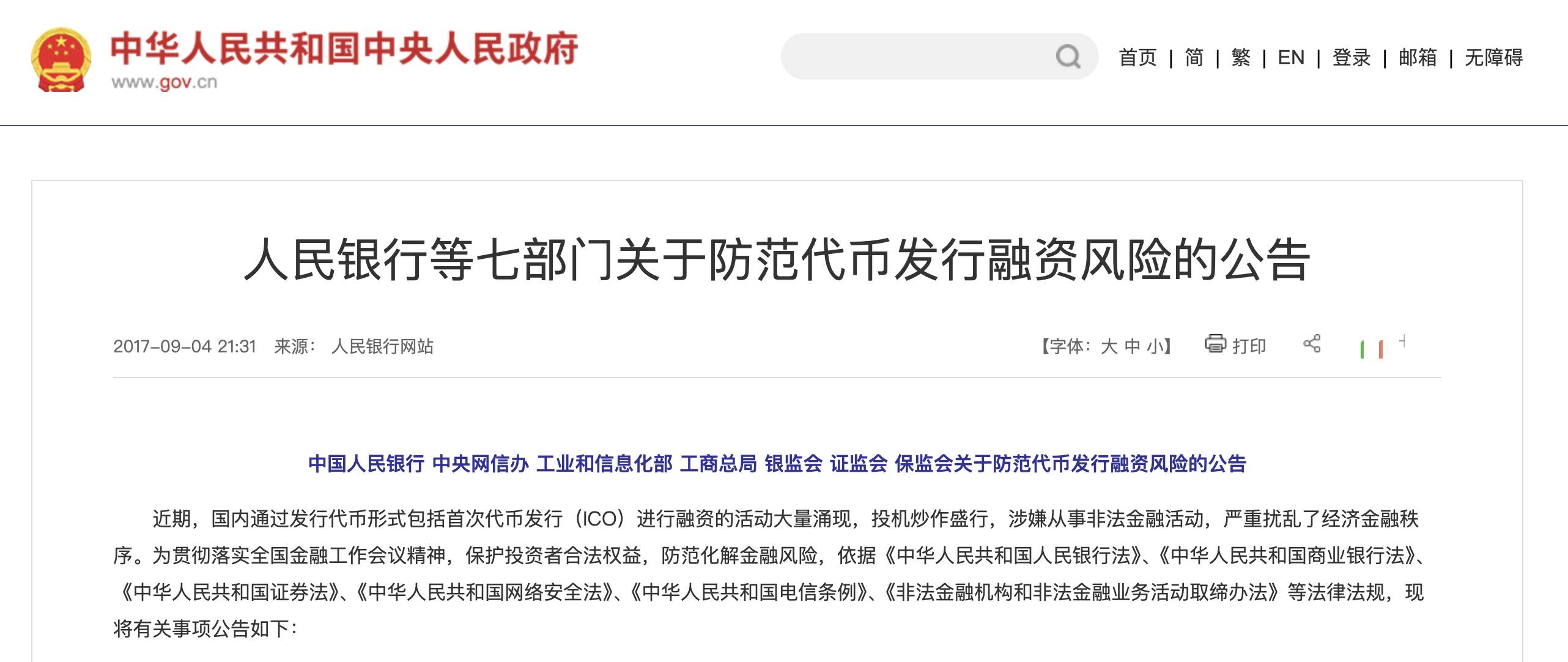
This regulatory action was not aimed at Bitcoin itself but was necessitated by the need for financial stability and risk prevention.
Looking back at history, we can better understand the logic of regulation: at that time, the ICO craze swept the nation, and financial risks became prominent. To avoid greater risks and social instability, regulators chose a "one-size-fits-all" regulatory approach.
Although the cost was enormous, the result was that China's financial system did achieve stable operation.
2. The World
After domestic trading platforms were closed, Chinese traders turned to overseas markets, and the global trading landscape for Bitcoin changed accordingly.
In my 2021 article, I mentioned that at that time, among the world's top ten economies, only China prohibited banks and payment institutions from participating in Bitcoin trading. Now, this pattern has largely remained unchanged. Major economies such as the United States, Japan, Germany, the United Kingdom, and South Korea still allow Bitcoin to be freely traded.
Since 2022, the global economy has continued to experience turbulence, with the Federal Reserve frequently raising interest rates, leading to capital flowing out of emerging markets back to the U.S., putting significant pressure on the Chinese economy.
Especially since Trump returned to power, U.S. regulation of crypto assets has undergone a critical "policy pivot"—from prevention to absorption.
In 2024, Trump signed the "Bitcoin Reserve Act," which for the first time recognized Bitcoin as a strategic reserve asset to be included in the government's balance sheet; meanwhile, the Senate recently passed the "GENIUS Act" (stablecoins), which provides a clear compliance pathway for on-chain dollars like USDC and USDT. These changes are not just technological innovations but also a prelude to the competition for monetary sovereignty.
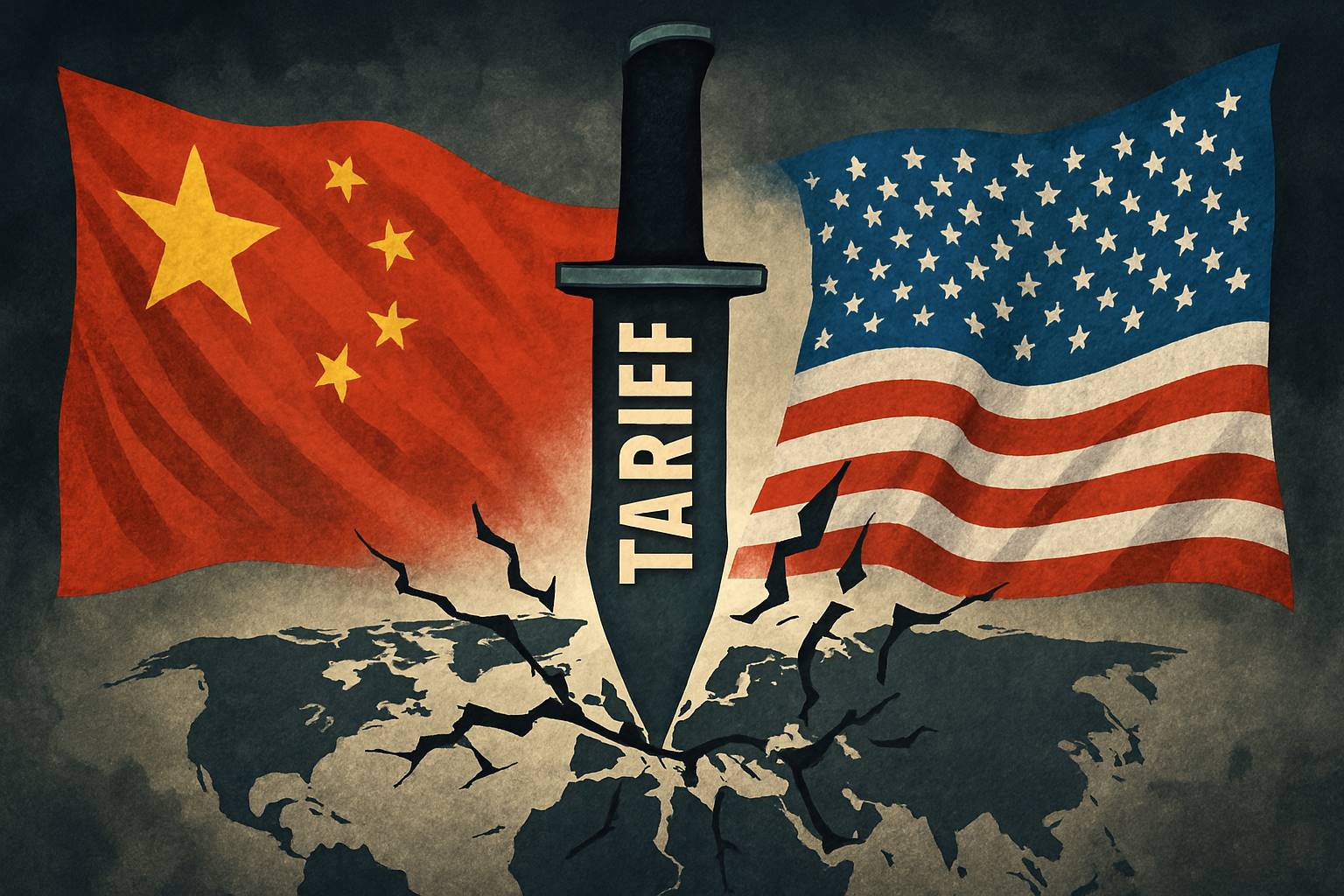
Compared to the U.S. strategy of using Bitcoin to address inflation and monetary hegemony, China is more concerned with the overall stability of industry, exports, and employment. Against the backdrop of a still strong manufacturing chain, the core of China's financial policy is not to compete for global asset pricing power but to "cushion" the uncertainties brought about by domestic economic restructuring.
Faced with the trade war 2.0 initiated by Trump—restarting tariff barriers, supply chain blockades, and intensifying chip restrictions—China needs a sufficiently "stable" financial environment to cope with external shocks. This "stability" means keeping a distance from all high-volatility assets, even innovative ones.
Bitcoin is inherently volatile and heavily speculative; once linked to the social financing system, it could trigger "speculative contagion," leading to secondary risks.
Therefore, "tight regulation" does not completely deny its value but rather constructs a "buffer zone" to delay shocks to the domestic financial system. Thus, all the issues you encounter with capital inflow and outflow can be understood against this background.
3. The "Enemy"
The original intention of Bitcoin is to establish a decentralized, borderless financial system to escape the hegemony of the dollar, which coincides with China's long-standing strategic intent to challenge dollar hegemony.
In fact, former central bank governor Zhou Xiaochuan proposed the idea of establishing a super-sovereign international reserve currency (SDR) as early as 2009. This currency system, similar to Bitcoin's original intention, has always been one of the goals pursued by the People's Bank of China. It is precisely for this reason that Zhou Xiaochuan defined Bitcoin as a commodity in 2014 with his famous "stamp theory," thereby avoiding direct conflicts with currency regulation.
When I mentioned this metaphor in 2021, it resonated strongly with readers, as it precisely pointed out the subtle game between regulation and law.
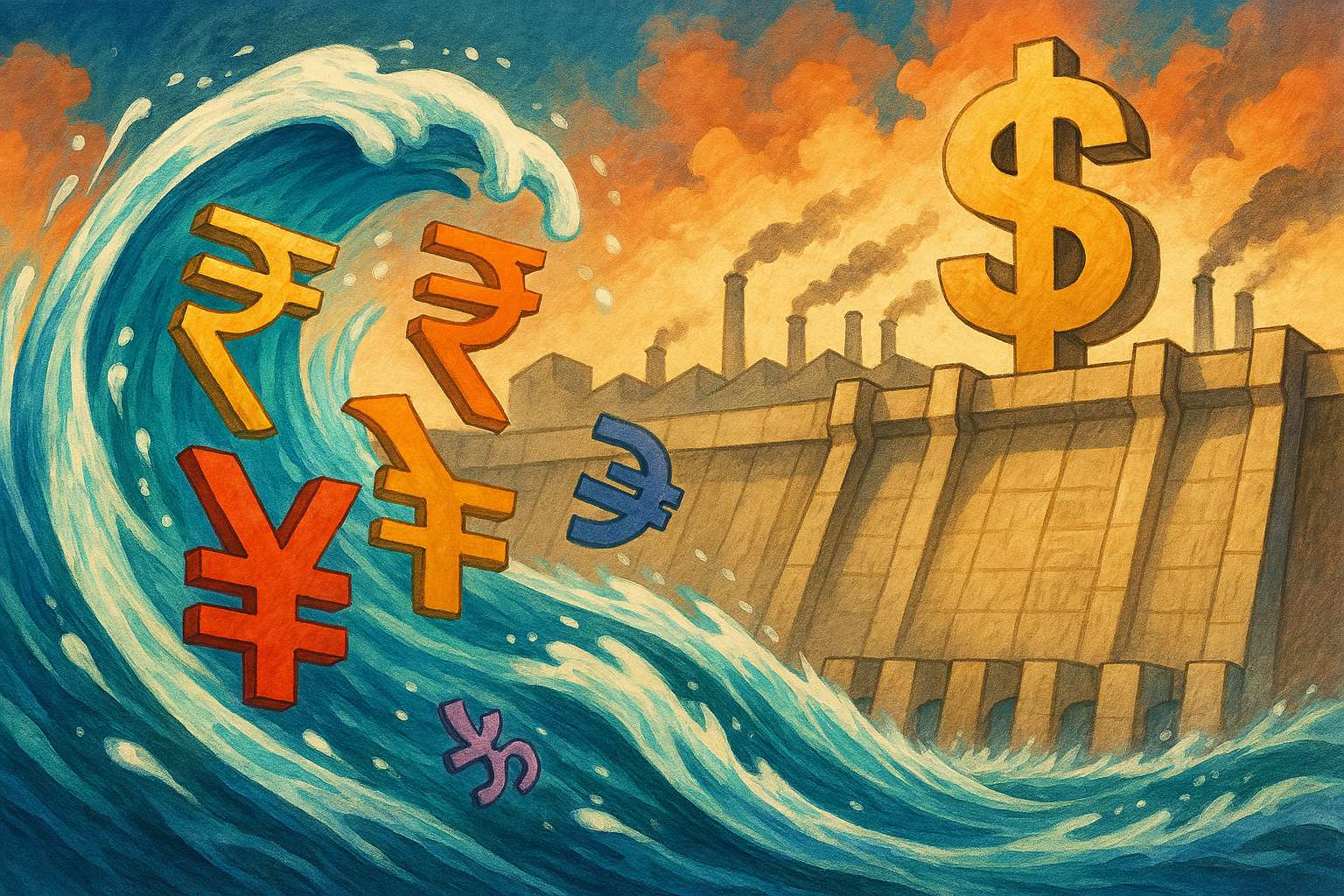
Interestingly, decentralized stablecoins may very well be China's "gray weapon" in the game against dollar hegemony. I elaborated on this in "Tariffs are Knives, Currency is Shields: An Opportunity for 'Dollar Hegemony Disintegration' and 'Stablecoin Rise'."
The key point is that the assets anchored behind decentralized stablecoins no longer rely on the dollar but are composed of decentralized assets like BTC and ETH—this means they cannot be frozen or arbitrarily touched by the U.S. judicial system.
This has provided China with an unprecedented strategic maneuvering space: achieving a "quasi-decoupling" from the dollar clearing system without directly challenging dollar hegemony or tearing apart geopolitical currency relations.
From this perspective, China's choice to stabilize the RMB exchange rate and control cross-border capital flows while leaving a "controllable" exit on-chain is a smart balance.
Decentralized stablecoins act like an underground passage, providing China with another maneuvering space amid the high-pressure blockade of geopolitical finance. In the trend of the global monetary system evolving from "centralized settlement" to "protocol-based clearing," Bitcoin, as an important collateral asset behind decentralized stablecoins, will no longer just be a hedge option for the public; it may quietly become a shadow chess piece in the game between nations.
4. Dividends
In the past few years, despite strict regulatory measures, Bitcoin's price has continuously broken historical highs. The global acceptance of Bitcoin is gradually increasing.
As the second-largest economy in the world, China's regulatory attitude towards Bitcoin undoubtedly has a significant impact on the global market. When the regulatory environment in China changes, the global Bitcoin market will inevitably experience huge fluctuations.
This is what is known as the regulatory dividend.
The essence of this "regulatory dividend" is actually very simple: a market that has been long suppressed will inevitably experience a phase of rapid capital influx and soaring demand once the regulatory environment loosens. This phenomenon is not uncommon; it has played out multiple times in China's stock market, real estate market, and internet finance sector. The Bitcoin market is especially so.
Recall that before the "September 4 Incident" in 2017, the Chinese market accounted for nearly 90% of global Bitcoin trading volume, but after comprehensive regulatory tightening, it quickly fell to less than 1%. Such a large-scale market demand being long suppressed means that once future policies are relaxed or a new window period appears, market sentiment will explode instantly, forming extremely strong purchasing power.

A more representative example is the UK Financial Conduct Authority (FCA) approving applications for institutional investors to trade Bitcoin-backed securities in March 2024. This move marks a significant policy shift in the UK, driving Bitcoin prices to soar and break the historical high of $72,000. This policy change not only affected the UK market but also had a positive impact on global investors, highlighting the profound influence of regulatory policies on the crypto asset market.
More importantly, the regulatory dividend is also accompanied by structural changes in the Bitcoin market. Chinese institutional investors, who once maintained a cautious attitude towards crypto assets, have begun to actively pay attention to overseas market trends in recent years, positioning themselves to allocate crypto assets through overseas funds and compliant channels. For example, the "Huabao Overseas Technology C (QDII-FOF-LOF)" fund under China Huabao Fund Management Co., Ltd. advertised in December 2024 through the Alipay platform, emphasizing its indirect investment in Coinbase and ARK 21Shares Bitcoin ETF. This fund allows users to purchase up to 1,000 yuan daily, with a minimum investment of 10 yuan. This move indicates that although mainland China maintains a cautious attitude towards crypto assets, investors can still indirectly participate in the global crypto asset market through compliant channels.

In the long run, the regulatory dividend of Bitcoin is not merely a simple price increase; it represents an opportunity for the reshaping of global capital allocation. As the Chinese market reintegrates into the global Bitcoin ecosystem, global capital will inevitably accelerate its flow into this long "undervalued" market. The decentralized and globally liquid characteristics of the Bitcoin market determine that it will become one of the fastest and most responsive channels for cross-border capital allocation.
Therefore, the true allure of the regulatory dividend lies in the fact that it not only signals an increase in Bitcoin prices but also suggests that China may gradually re-engage in the construction of the global financial order, participating in the global currency game in a more proactive, flexible, and competitive manner. This opportunity may just be beginning to reveal its contours for today's investors.
Conclusion
True legitimacy has never been fully defined by simple legal texts; it is more a reflection of the consensus of the times.
When we repeatedly ask, "Is Bitcoin legal?", we are actually questioning our identity as individuals within society: are we to continue being passive subjects waiting for permission, or are we to actively seize the "citizen dividend" that the times offer?
The controversy over the legality of Bitcoin will not easily end with a clear legal text, but the trend toward decentralization is already irreversible.
The hegemony of the dollar will ultimately be washed away by the tides of history, and the decentralized currency and financial order are just beginning to emerge.
Bitcoin should not merely be seen as an asset that fluctuates in the capital market; it should become an important opportunity for the awakening of citizen identity and the capture of the dividends of the times.
Today, we stand at a crucial juncture of awakening from "subject mentality" to "citizen consciousness." The true value of Bitcoin lies not only in the asset itself but also in the trends and ideas behind it.
Remember the wisdom that this era has bestowed upon us:
In an era of rising new orders, the real risk is not volatility, but missing out.
If you do not want to miss the "citizen dividend" that this era offers you, please take a serious look at these two pieces of content:
Bitcoin: The Ultimate Hedge for Long-Termists?
Asymmetry: The Underlying Value of Bitcoin from a "Value Investment" Perspective
Action begins with becoming a "citizen" who actively seeks out dividends.
免责声明:本文章仅代表作者个人观点,不代表本平台的立场和观点。本文章仅供信息分享,不构成对任何人的任何投资建议。用户与作者之间的任何争议,与本平台无关。如网页中刊载的文章或图片涉及侵权,请提供相关的权利证明和身份证明发送邮件到support@aicoin.com,本平台相关工作人员将会进行核查。




